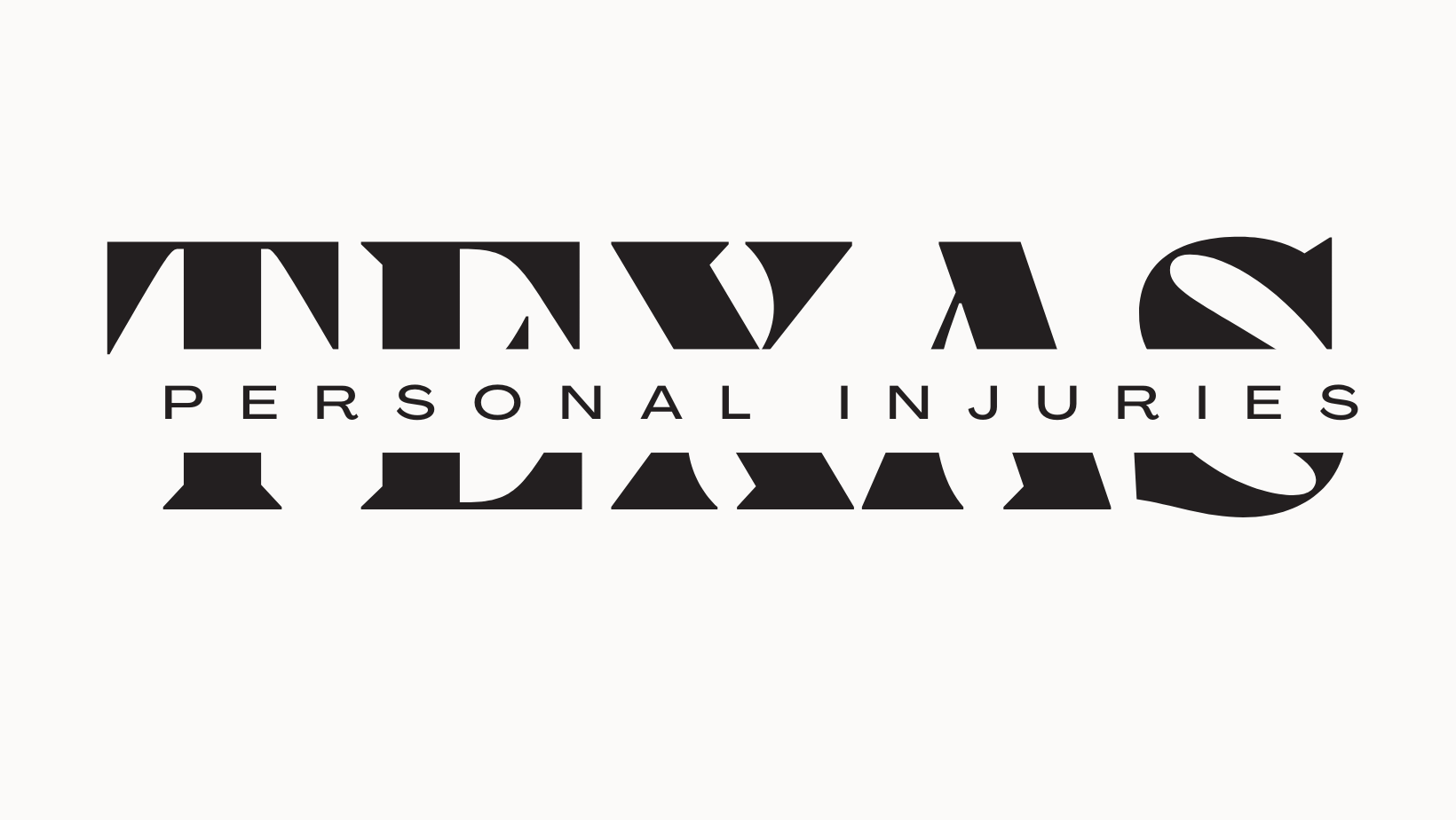Slip and fall accidents are common and can result in severe injuries, ranging from sprains and fractures to head trauma and long-term disabilities. If you experience a slip and fall accident, your immediate actions can significantly impact your ability to seek compensation and recover fully. This blog outlines the essential steps to take immediately after a slip and fall accident to protect your health, legal rights, and potential personal injury claim.
1. Prioritize Your Safety and Health
The first and most important step is ensuring your safety. Slip and fall accidents can cause injuries that may not be immediately apparent, such as internal bleeding or a concussion.
- Stay Still if You’re Severely Hurt: If you suspect a serious injury, avoid moving to prevent further harm. Ask for medical assistance immediately.
- Move to a Safe Area: If possible, move out of the hazardous location to avoid further accidents or injuries.
Pro Tip: Even if you don’t feel injured, it’s wise to see a doctor as soon as possible. Some injuries, like soft tissue damage or head injuries, may not manifest symptoms immediately.
2. Assess and Document the Scene
Gathering evidence is crucial in a slip and fall accident, as it can help prove liability later. Take the following steps:
- Identify the Hazard: Determine what caused the fall. Examples include wet floors, uneven surfaces, loose rugs, or poor lighting.
- Take Photos: Use your smartphone to photograph the scene, focusing on the hazardous condition. Be sure to capture the area from multiple angles.
- Document Environmental Conditions: If the accident occurred outdoors, document weather conditions, such as rain, snow, or ice.
Pro Tip: Photographic evidence can play a key role in proving negligence, especially if the hazard is temporary, like a wet floor without a warning sign.
3. Report the Accident
It’s essential to report the incident to the property owner, manager, or supervisor of the premises.
- Ask for an Incident Report: Request that the incident is documented in an official accident report. Ask for a copy for your records.
- Provide Basic Information: Share your contact information and a brief account of the accident. Avoid making statements that could be interpreted as admitting fault.
Pro Tip: Politely insist on filing a report even if the property owner or manager is uncooperative. If necessary, send them a written summary of the incident via email or certified mail.
4. Gather Witness Information
If anyone witnessed the accident, ask for their contact details, including their full name, phone number, and email address. Witnesses can corroborate your version of events and support your claim.
Pro Tip: Witness statements are particularly valuable if the property owner disputes your account of the incident.
5. Seek Medical Attention
Even if you feel fine after the fall, it’s important to get a thorough medical evaluation. Delaying medical treatment could worsen your injuries and harm your personal injury case.
- Visit a Doctor: Describe all your symptoms, even minor ones, to ensure they are documented.
- Follow Medical Advice: Adhere to the treatment plan and attend follow-up appointments.
- Keep Records: Save copies of all medical records, bills, and prescriptions.
Pro Tip: Documenting your injuries through medical records establishes a direct link between the accident and your injuries, which is critical for your case.
6. Preserve Evidence
Preserving evidence is critical to building a strong personal injury case.
- Keep Your Clothing and Shoes: Do not wash or alter the clothes and shoes you were wearing during the accident, as they may serve as evidence.
- Save All Documentation: Keep copies of the incident report, medical records, and any correspondence with the property owner or their insurance company.
Pro Tip: Evidence of slippery soles or clothing soaked with liquid can help demonstrate the hazardous conditions that led to your fall.
7. Avoid Giving Statements to Insurance Companies
If the property owner’s insurance company contacts you, be cautious about what you say.
- Stick to Facts: Provide only basic information, such as your name and the date of the accident.
- Avoid Recorded Statements: Politely decline to provide a recorded statement without consulting an attorney.
- Do Not Accept Blame: Refrain from making statements that could be interpreted as admitting fault, such as “I wasn’t paying attention.”
Pro Tip: Insurance adjusters often look for ways to minimize payouts. Consulting an attorney before speaking to them can protect your rights.
8. Consult a Personal Injury Attorney
Slip and fall cases can be legally complex, especially when it comes to proving negligence. An experienced personal injury attorney can:
- Evaluate Your Case: Determine whether you have a viable claim and what compensation you may be entitled to.
- Investigate the Incident: Collect additional evidence, such as surveillance footage or maintenance logs.
- Negotiate with Insurance Companies: Handle communications and negotiations to maximize your settlement.
Pro Tip: Many personal injury attorneys offer free consultations and work on a contingency basis, meaning you only pay if they win your case.
9. Understand Deadlines and Legal Requirements
In Texas, the statute of limitations for filing a personal injury claim is typically two years from the date of the accident. Missing this deadline could bar you from recovering compensation.
- File Promptly: Consult an attorney early to ensure you meet all deadlines.
- Comply with Local Laws: Be aware of any local laws or specific legal requirements that may apply to your case.
Pro Tip: Acting quickly also helps preserve evidence and ensures that witnesses’ memories remain fresh.




Leave a Reply